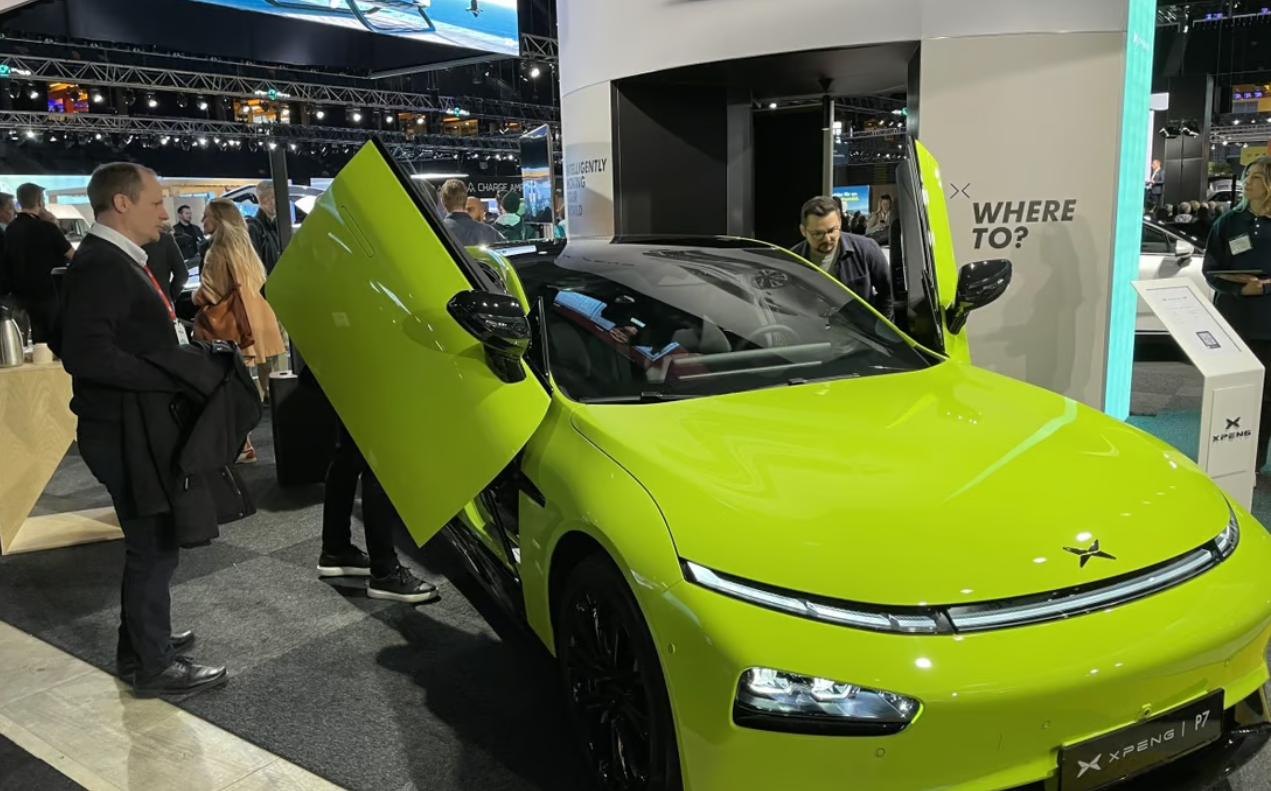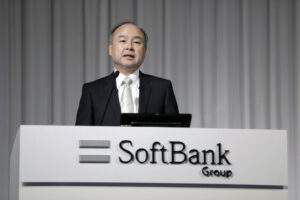Xpeng, anticipating reductions in costs and benefits from its partnership with Volkswagen, aims to narrow its financial losses. On Friday, the company recorded its most significant quarterly deficit since its U.S. listing in August 2020, reporting a second-quarter net loss of 2.8 billion yuan. This figure exceeded the anticipated loss of 2.13 billion yuan as per the Refinitiv consensus estimate. Consequently, its U.S.-listed shares experienced a 4.28% decline on Friday. However, Xpeng’s Hong Kong-listed shares saw a more than 2% increase on Monday afternoon.
During the second quarter, Xpeng delivered 23,205 vehicles, marking a 32.58% decrease from the 34,422 deliveries made in the same period the previous year. CEO He Xiaopeng mentioned the company’s efforts to streamline expenses across the entire business, aiming to substantially enhance gross margins by 2024. In April, a Bloomberg report outlined Xpeng’s plans to lower manufacturing costs, including a goal to save 50% on intelligent driving features by the end of 2024.
Brian Gu, Xpeng’s vice chairman and co-president, stated in a CNBC interview that the company had undergone significant organizational changes and was observing a resurgence in growth momentum. Xpeng is currently in the process of revitalizing its operations after experiencing an over 80% drop in share price in 2022. The company faced challenges due to China’s economic conditions and intense price competition among domestic rivals and Tesla, which notably reduced prices for its Model S and Model X.
Gu acknowledged the persistent robustness of demand while acknowledging heightened competition in the market, characterized by various players introducing new models and engaging in aggressive price competition. To improve profitability, Xpeng is actively focusing on cost reduction, aiming for up to a 25% reduction in total vehicle bill of materials (BOM) costs by the following year. BOMs encompass all components required for vehicle assembly, including the engine, brakes, seats, and dashboards.
BofA Securities, in a report, highlighted its anticipation of improved financial standing for Xpeng through its partnership with Volkswagen, which could also lead to enhanced supply chain management. Consequently, BofA upgraded Xpeng’s rating from “neutral” to “buy,” with a new target price of $22 per share, up from the previous $16.30 per share. Volkswagen Group’s announcement of a $700 million investment in Xpeng, along with a 4.99% stake acquisition, signaled a strategic collaboration. This joint effort will involve the development of two new electric vehicles (EVs) featuring Xpeng’s advanced driver-assist software, targeting a 2026 release.
The automotive industry, both global and local manufacturers, is striving to leverage advanced technologies to compete effectively in China, the world’s largest EV market. A May report from BofA Securities predicted China’s dominance in EV market share, projecting a range of 40%-45% by 2025. Gu also indicated that the partnership with Volkswagen could significantly contribute to Xpeng’s profitability, starting as early as the next year.
(Source: Shelia Chiang | Michael Bloom | CNBC)









